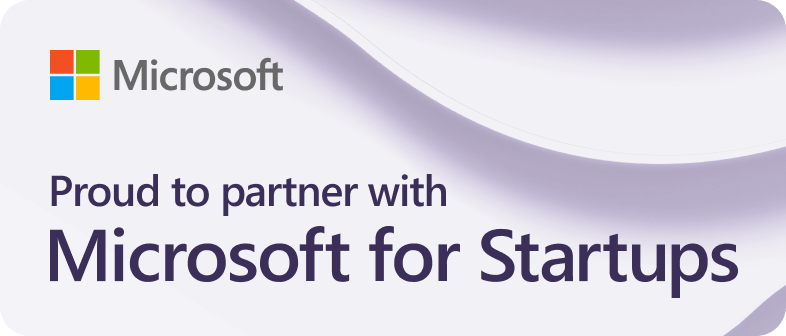
Programming Books that will Change your Career
(5 minutes of reading time) Reading is important for programmers because it helps them to be more productive. It also helps them stay up to date with the latest technologies and trends in the programming industry. Reading is one of the most important skills for a programmer in this age of information overload. It helps them gain a deep understanding of a subject and be able to work on it, as well as keep them updated about industry trends and news. It is also essential for a developer's professional lifelong learning. In this sense, programmers can look for books that focus on new technologies, frameworks, programming languages and other tools that they may not be familiar. It's also interesting to read about common mistakes programmers make. In this article, see some of the main bibliographic references for software developers that we suggest and what are the benefits of this type of reading for the professional's career. RECOMMENDED BOOKS FOR PROGRAMMERS Books are an integral part of the learning process. They provide an in-depth look at the subject and serve as a helpful guide to help you learn. When it comes to the technology sector, reading renowned books becomes indispensable for any professional who wants to acquire more knowledge and baggage, mainly because it is an area in constant change and, therefore, staying up to date is extremely important. Below, a list of recommended books for programmers:
This book presents some of the best practices and pitfalls of software development that a professional may encounter. The good thing about this book is that it can reach a very wide audience of people who are connected in some way with the programming industry, from beginners to experienced programmers. The book, written by Andrew Hunt and David Thomas, points out some of the key lessons focused on improving personal productivity, accuracy, and job satisfaction.
This book is perfect for those who are starting in the area and want to acquire more knowledge about the basic modules of the programming course. It introduces the reader to a programming discipline and a tool for specifying and developing algorithms. We can say that this book in question is the result of an introductory teaching experience in Computer Science, carried out at the Department of Computer Science (DCC) of the Federal University of Minas Gerais (UFMG). Because of this, it is essential for beginners, as the book is the product of an introductory academic experience. In addition, the book is directly related to some exercises and tests used in the introductory courses of the basic cycle of the Institute of Exact Sciences (ICEx) at UFMG and in the bachelor’s degree in Computer Science classes.
Known as the bible of algorithms, this is a must-read for every tech professional. This book is a world reference on the subject. The book also has practical exercises and solving them is a great challenge that will make you develop even more in your profession as a developer.
This is a classic and one of the main book references for programming students and professionals already graduated. Paul and Harvey Deitel have reached millions of people with their books and are responsible for sharing programming knowledge with many students. The book, which is now in its 10th edition, gives the reader a clear, simple, and fun introduction to Java programming with an initial emphasis on objects. Its content includes several fundamentals, such as: classes and objects; use with Java SE 7, SE 8 or both; lambdas, functional flows and interfaces, graphics and multimedia.
This is a classic of programming books and every developer, beginner or not, should read it. Everyone knows that bad code can run but, if it is not clean, it can generate many problems. This book addresses exactly this topic. Programmers spend countless hours and important resources due to poorly developed code. It doesn't have to be that way, according to Robert C. Martin, author of the book. You will become a more effective programmer if you diligently practice the content of the book.
This book is the bible on competitive programming. Worth reading it! Whether you are a beginning competitive programmer or a regular programmer, you should read this book to improve your skill. This book contains an explanation of key algorithms and solution techniques for competitive programming, as well as examples of online judge problems where you need to use them.
This book, written by Jon Duckett, is one of the most recommended when your goal is to learn more about HTML & CSS. Ideal for professionals and students looking to design, build from scratch or have more control over an existing website. Looking for the first time, a code can even be scary, but this book can put an end to this distorted view of codes and present a new way of seeing them. That's because is presents, in a very simple and visual way, a new topic with direct explanations followed by code samples. In it, you will learn how to organize yourself better and design your website pages so that you can create amazing websites that are very intuitive to use. THE PROGRAMMING AREA IS ALWAYS EVOLVING SO, IT IS IMPORTANT TO CONSTANTLY READ ABOUT THIS SUBJECT The tech industry is constantly evolving, so it's important to keep up to date. Programming languages are always changing, which can be great for developers because it means that there will always be something new to learn. In addition, there are also new frameworks and libraries that are released every year. They are often much more powerful than what was available before and can completely change the way you code. Programming tools like IDEs are also constantly evolving to make life easier for developers. BENEFITS OF READING Programming is a complex skill that requires years of practice. One of the best ways to improve your skills is reading. Reading can be done in different ways, but the most important thing is that you read the right things. Reading books on programming can be a great way to learn new techniques and improve your skills. It also helps you stay up to date with the latest trends in programming. But it's not enough to just read a book or article, if you want to become a good programmer, you need to constantly read and try new things. Programmers are constantly reading code, documentation, and manuals. Reading is essential to your profession; it's the way they learn new concepts and technologies. Reading is not just a passive activity for programmers. They read with purpose. They extract knowledge from the text and use that knowledge to solve problems. A programmer's reading habits can have a huge impact on their performance and long-term career evolution. Do you like our content? So, follow us on social media to stay on top of innovation and read our blog. References: https://bit.ly/3L5zXTH
Share this article on your social networks:
Rate this article:
Other articles you might be interested in reading
- All (185)
- Career (38)
- Competitions (6)
- Design (7)
- Development (112)
- Diversity and Inclusion (3)
- Events (3)
- History (15)
- Industries (6)
- Innovation (38)
- Leadership (8)
- Projects (23)
- Well being (18)

Cloud Computing and Digital Transformation and Social Impact
(5 minutes of reading)
In recent years, we have witnessed a quiet revolution that is fundamentally reshaping the way we live and work. At the center of this transformation is cloud computing, a technological innovation that transcends physical limits and opens up new horizons of possibilities. This text will talk about this subject that is transforming the IT area. Come read!...
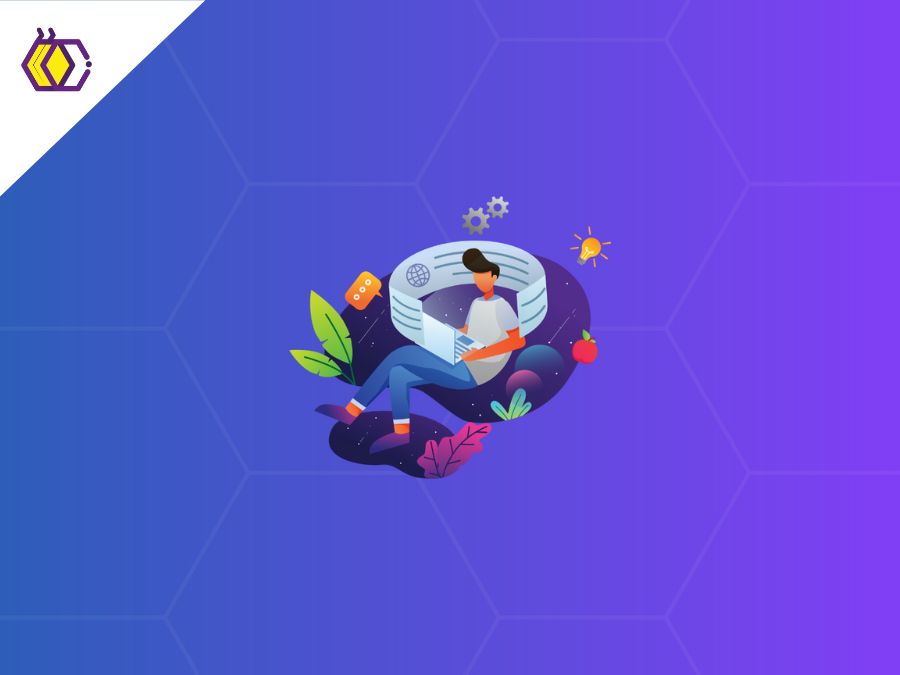
Tech in Education
(9 minutes of reading)
In the contemporary educational landscape, technology plays an increasingly crucial role, revolutionizing not only the way students learn, but also how educators teach. As we adapt to a digitally connected world, new trends are emerging that promise to further transform the way education is designed and delivered. Come read this text to learn about the latest trends in educational technology and explore their impact on student development and the evolution of teaching. Come with us!...
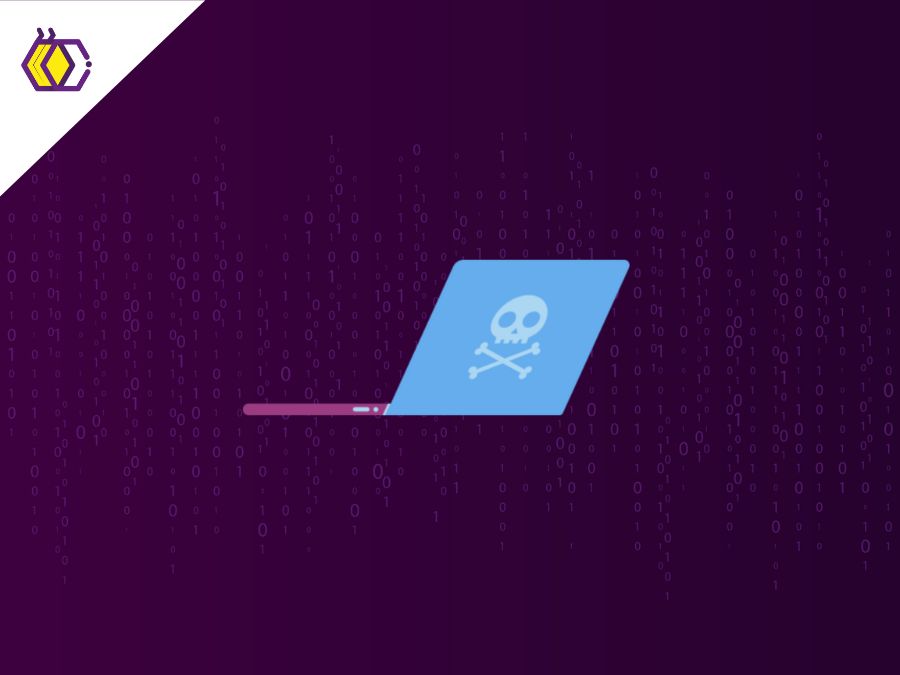
Ethical Software Development
(5 minutes of reading)
Developing software is a complex activity that goes far beyond simple coding. It involves a meticulous process of planning, design, implementation, testing and maintenance to create reliable, efficient, and secure systems. However, in addition to seeking functionality and performance, developers must also carefully consider the ethical aspects of the software they are creating. In this text we will talk about ethics and responsibility when developing software. Come read!...
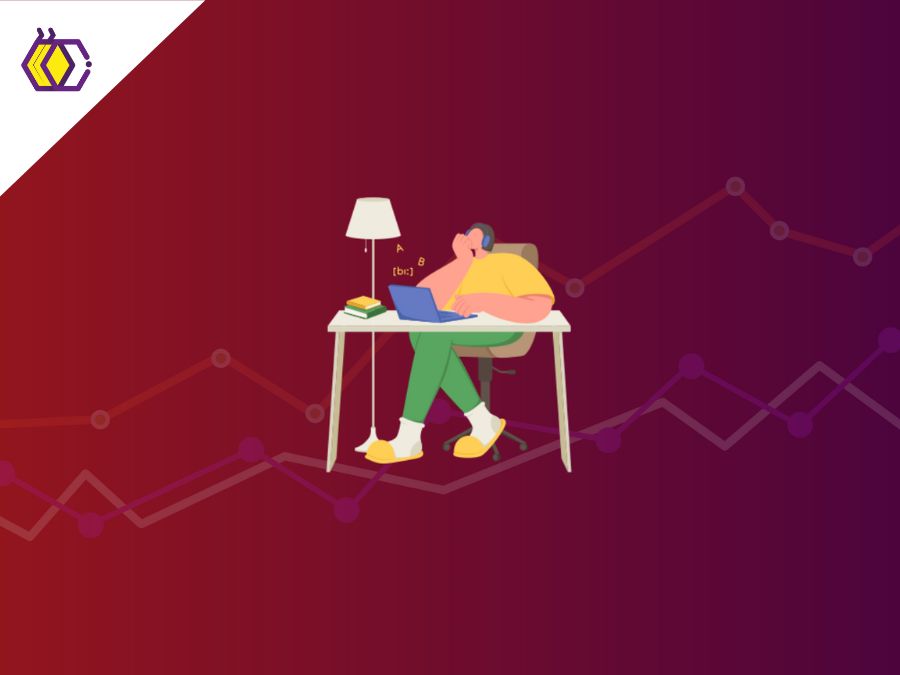
Balance Between Professional and Personal Growth
(6 minutes of reading)
In a world driven by the constant search for professional success, we often find ourselves immersed in our careers, forgetting the fundamental balance between professional and personal growth. As we dedicate hours to coding, solving problems, and advancing our technical skills, it's essential to remember that our journey as human beings go beyond the lines of code. Come read our text and see super cool tips on how to achieve this balance!...

How to Highlight Programming Competition Awards on your CV
(6 minutes of reading)
In a field as dynamic as software development, it is crucial to stand out from the crowd. An exceptional way to do this is through recognition and awards won in competitive programming competitions. In addition to demonstrating your superior technical skills, these awards attest to your ability to solve complex problems, collaborate as a team, and deliver exceptional results under pressure. Today we will talk about the curriculum and competitions, are you interested? Come with us!...
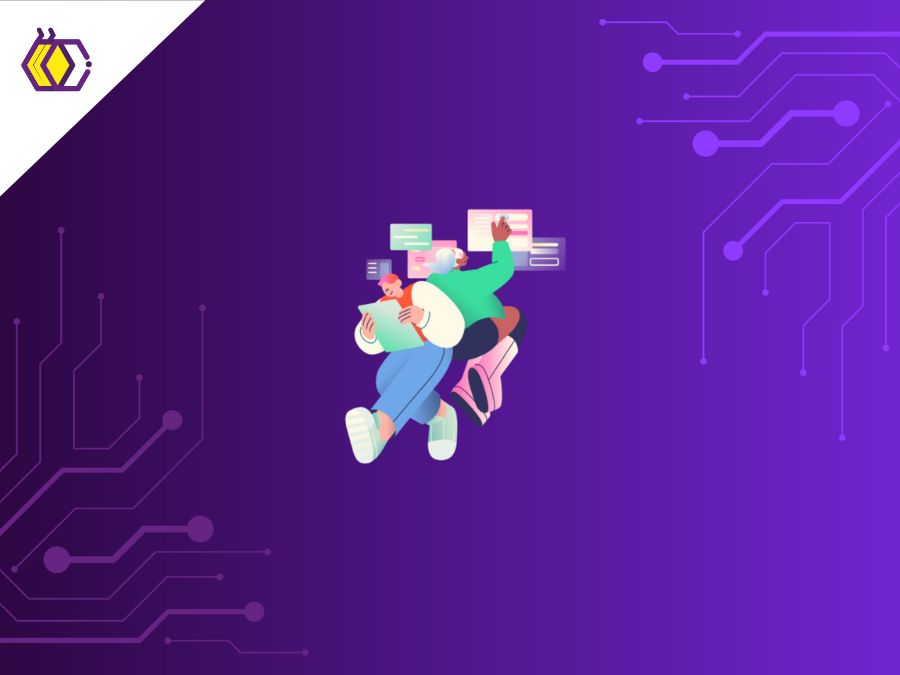
Open Source and Collaboration
(5 minutes of reading)
If you're ready to start exploring the world of open source, be aware that you will encounter many learning opportunities and challenges. Collaboration is at the heart of this environment, driving innovation and influencing the direction of technology. Come read our text to find out more about this subject!...








 Innovation
Innovation 
